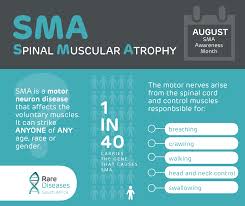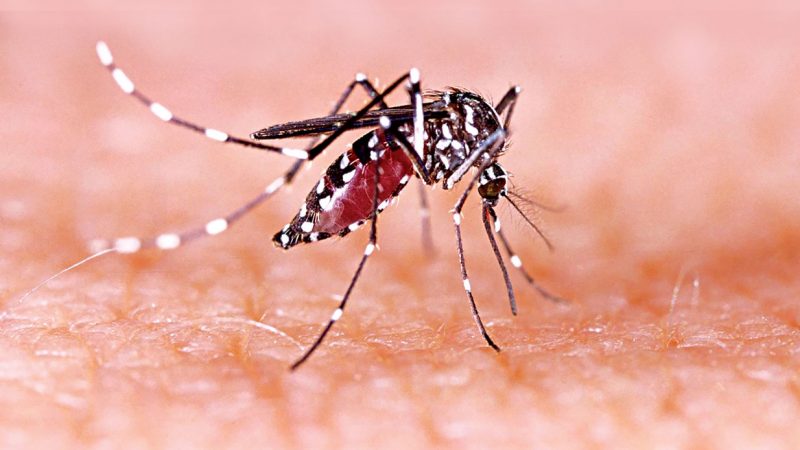Child diabetes patients in Bangladesh on rise

More youngsters are getting diabetes amid an alarming rise in the patients with the chronic and non-communicable disease in the country over the years due to a lack of awareness, unhealthy lifestyle and widespread pollution.
A staggering 43 per cent of the diabetic patients, however, go undiagnosed, experts have said.
Researchers and physicians observe that particularly the Type-2 diabetes, a condition that occurs when the body either does not produce enough insulin or the body cells do not respond well to insulin hormone, is increasing unusually among the youths.
They have said that of the two types of diabetes, type 2 diabetes is usually found among patients aged over 40, but now the condition is found among more children pushing the overall number of diabetics up.
Diabetology professor at the Centre for Global Health Research Bishwajit Bhowmik observes that diabetes among children is on the rise for reasons, including obesity, sedentary lifestyle and changing sleeping pattern.
Referring to a recent study which awaits publishing, Bishwajit said that more children who sleep less than six hours or more than nine hours are getting type 2 diabetes.
The field research under the study was conducted between August and October in 2021.
The Non-communicable Disease Control unit under the Directorate General of Health Services and the Diabetic Association of Bangladesh conducted the joint study involving 2,468 individuals aged between 15–35 years living in eight administrative divisions across the country.
To reduce children’s risk for getting diabetes, Bishwajit suggested a healthy lifestyle, properly adequate sleep and physical exercise.
Bangabandhu Sheikh Mujib Medical University endocrinology department associate professor Shahjada Selim views the spread of type 2 diabetes among young people as alarming.
According to his estimates, currently the country has some 11,000 patients with type 1 diabetes, which mainly affects children, and nearly 2.5 crore type 2 patients many of whom are children.
Currently Bangladesh has some 2,00,000 diabetic patients who are below 16 years old, Selim says.
He also puts down the rise of the number of patients with type 2 diabetes mainly to its spread among children.
Type-1 diabetes is an autoimmune and genetic condition in which the pancreas, the body part responsible for producing essential hormone insulin, cannot produce the hormone as the body’s immune system attacks its islet cells and prevents them from producing insulin.
Early age diabetes causes early complications, including vision loss, nerve damage and heart disease, among children.
Endocrinologist Shahjada Selim also recommends physical activities, safe food, healthy environment and other healthy lifestyle for children to reduce risk of early diabetes.
According to an estimate of the International Diabetes Federation, in 2019 Bangladesh had 1.30 crore diabetes patients. It also projects that the number will be 2.23 crore by 2045.
Of the total diabetics, 43 per cent patients remain undiagnosed in the country, it says.
Bangladesh is currently eighth in the world by the total number of diabetics. By 2045, the position is expected to move to seventh, according to the International Diabetes Federation.
It also estimated that among the country’s total diabetics, 5 per cent were below 18 in 2018, which was estimated below 3 per cent a decade back.
According to the latest Bangladesh Health Bulletin 2020, non-communicable diseases were responsible for 67 per cent of total untimely deaths.
The government report admitted that non-communicable diseases caused total 5,72,600 untimely deaths in 2018.
Of them, 3 per cent premature deaths were reported due to diabetes.
Experts said that a number of them were children but there was no specific data on it.
Among other non-communicable disease deaths 30 per cent was due to cardiovascular diseases, 12 per cent due to cancer and 10 per cent due to chronic respiratory diseases.
Experts have said that while in many patients genetic factors caused diabetes, in many others tobacco use and excessive consumption of processed food caused the disease.
The government should conduct a nationwide diabetes screening to know the actual number of diabetics, they also said.
Programme manager for the non-communicable disease control unit of the directorate general of health services Md Nurul Islam said that awareness was crucial in curbing childhood diabetes.
‘We are conducting awareness programmes and set up non-communicable disease control corners at upazila healthcare facilities,’ he said.
He also said that the government was giving priority to diabetes among six alarming non-communicable diseases in the country.
The government has been providing free medicine for diabetics from upazila healthcare facilities and from community clinics across the country, Nurul Islam added.
Source: New Age | 13 November 2024 | Author: Rashad Ahamad







